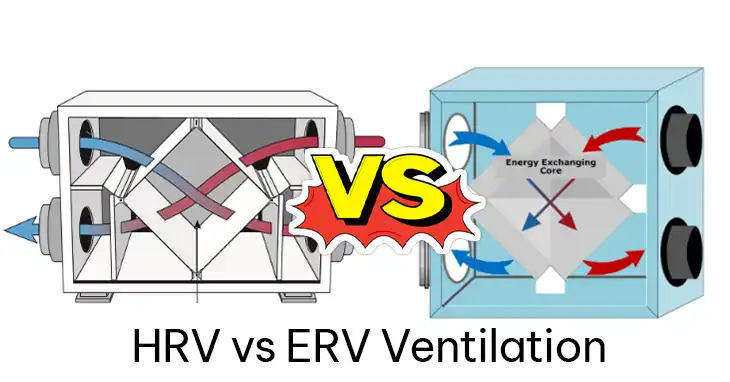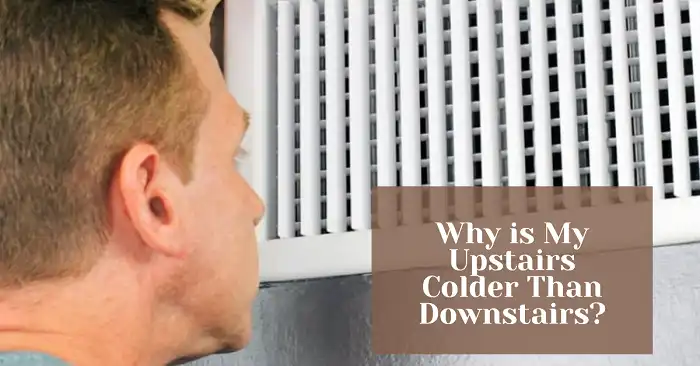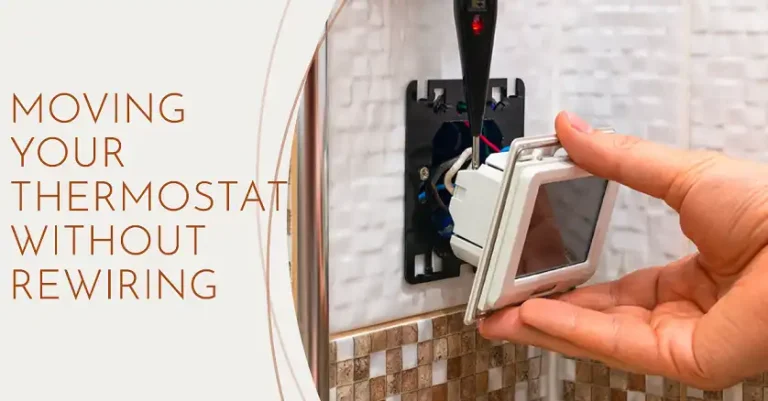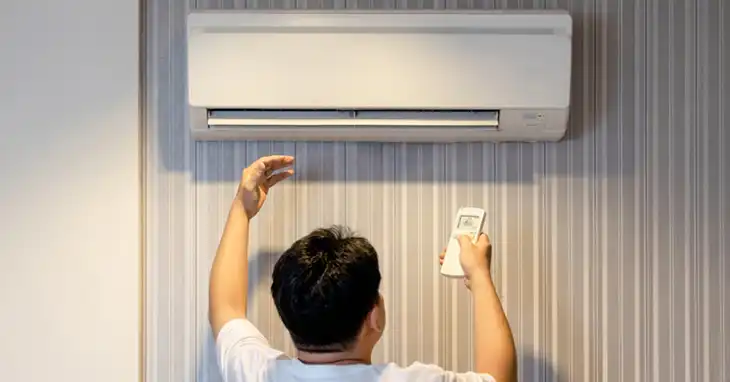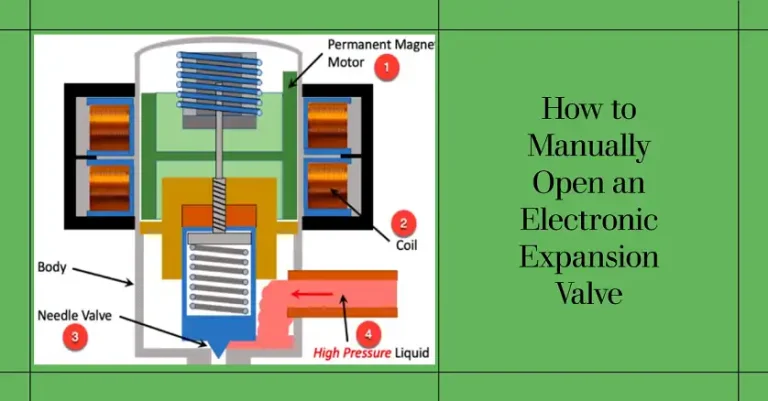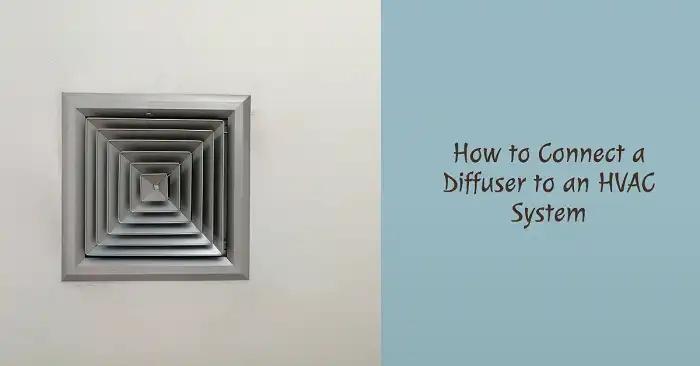Why Does My Ventless Gas Heater Keep Going Out?
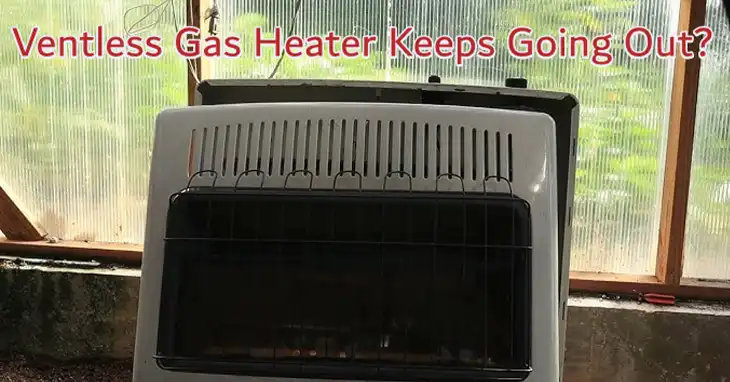
Short Answer: A ventless gas heater that keeps going out could be due to several factors, including lack of oxygen, a clogged pilot light, faulty thermocouple, or incorrect gas pressure. These heaters rely on proper ventilation and clean components to function efficiently. If something disrupts the gas flow or air supply, the system may shut down as a safety precaution. Regular maintenance and a few troubleshooting steps can help resolve this issue.
How Do Ventless Gas Heaters Work?
Ventless gas heaters, also known as unvented gas heaters, work by burning natural gas or propane to produce heat without requiring a flue or vent to expel combustion gases. Instead, the heat and the combustion byproducts are released directly into the room. These heaters are equipped with safety features such as an Oxygen Depletion Sensor (ODS), which automatically shuts off the heater if the oxygen levels in the room fall below a safe threshold.
While they are efficient and convenient, ventless gas heaters can sometimes shut off unexpectedly, indicating that something is wrong with the system.
What Are the Common Reasons a Ventless Gas Heater Keeps Going Out?
There are several reasons why your ventless gas heater may keep going out. Let’s explore some of the most common issues:
1. Clogged or Dirty Pilot Light
The pilot light is a small flame that ignites the gas coming into the heater. Over time, the pilot light can accumulate dust or debris, obstructing the gas flow. When this happens, the pilot flame can flicker or go out completely, causing the entire heater to shut down. Cleaning the pilot light with compressed air or a soft brush can help restore its functionality.
2. Faulty Thermocouple
The thermocouple is a safety device that monitors the pilot light. If the pilot light goes out, the thermocouple shuts off the gas supply to prevent a gas leak. However, if the thermocouple becomes worn or damaged, it may incorrectly detect that the pilot light is off even when it’s still burning, causing the gas to be cut off and the heater to stop working. Replacing the thermocouple can resolve this issue.
3. Oxygen Depletion Sensor (ODS) Shutdown
Ventless gas heaters rely on proper ventilation to ensure that there is enough oxygen in the room. If the Oxygen Depletion Sensor detects low oxygen levels, it will automatically shut off the heater as a safety measure. This often happens if the heater is used in a small, poorly ventilated space. Opening a window or door to allow more air circulation can prevent this issue. Make sure your heater is being used in a room that meets the manufacturer’s size recommendations.
4. Incorrect Gas Pressure
For your ventless gas heater to work efficiently, it needs the correct amount of gas pressure. If the gas pressure is too low or too high, it can cause the pilot light to go out. Gas pressure issues are usually related to the regulator or gas supply. Contacting a professional to check and adjust the gas pressure is the safest solution.
5. Faulty Gas Valve
If the gas valve inside the heater becomes faulty, it may intermittently cut off the gas supply, causing the heater to turn off unexpectedly. This issue may require a replacement gas valve or other internal parts.
How Can You Troubleshoot a Ventless Gas Heater That Keeps Going Out?
To troubleshoot a ventless gas heater that frequently goes out, follow these steps:
- Check the Pilot Light: Ensure that the pilot flame is steady and blue, not flickering. Clean any debris or dirt that may have accumulated around it.
- Inspect the Thermocouple: If the pilot light won’t stay lit, the thermocouple may need to be replaced. A worn-out thermocouple won’t hold the gas valve open.
- Verify the Oxygen Levels: Make sure the room is properly ventilated and meets the size requirements for the heater. The Oxygen Depletion Sensor (ODS) can be triggered if the room is too small or there is poor airflow.
- Test the Gas Pressure: Contact a professional to check the gas pressure if you suspect it’s too low or too high. This isn’t something to adjust on your own.
- Clean or Replace Components: Regular maintenance, including cleaning the pilot light and replacing worn parts like the thermocouple, can prevent future shutdowns.
What Can You Do to Prevent Your Ventless Gas Heater from Going Out?
To prevent your ventless gas heater from frequently going out, it’s important to perform regular maintenance. Cleaning the pilot light and ensuring that the heater is placed in a properly ventilated area are critical steps. You should also have your system inspected annually by a professional to catch any potential issues early.
- Keep the Pilot Light Clean: Dust and dirt buildup is one of the main reasons for pilot light issues.
- Check for Proper Ventilation: Ensure that the room is large enough and well-ventilated to maintain proper oxygen levels.
- Inspect the Heater Regularly: Look for any worn-out parts or unusual behavior in the heater to address problems before they escalate.
Wrapping Up
If your ventless gas heater keeps going out, it’s likely due to issues with the pilot light, thermocouple, oxygen levels, or gas pressure. Regular maintenance and troubleshooting can resolve many of these problems, but if the issue persists, contacting a professional HVAC technician is the best way to ensure your heater functions safely and efficiently. Proper care and attention to ventilation will help keep your ventless gas heater running smoothly throughout the colder months.

